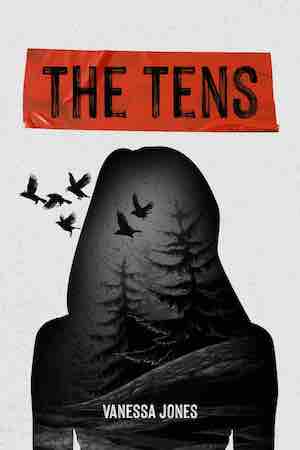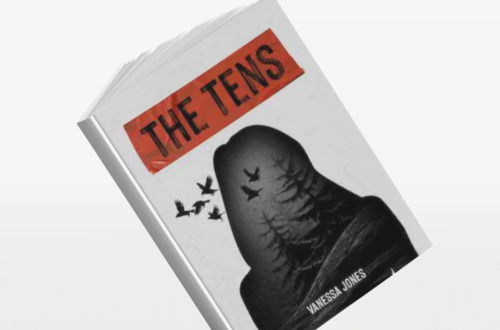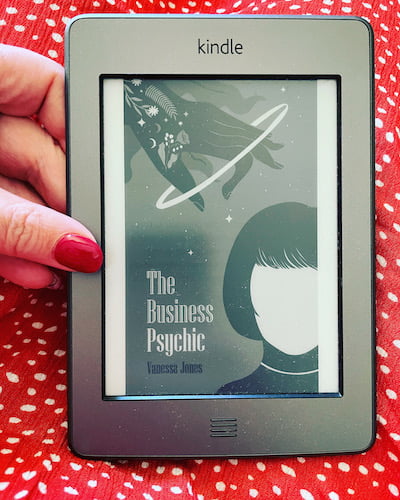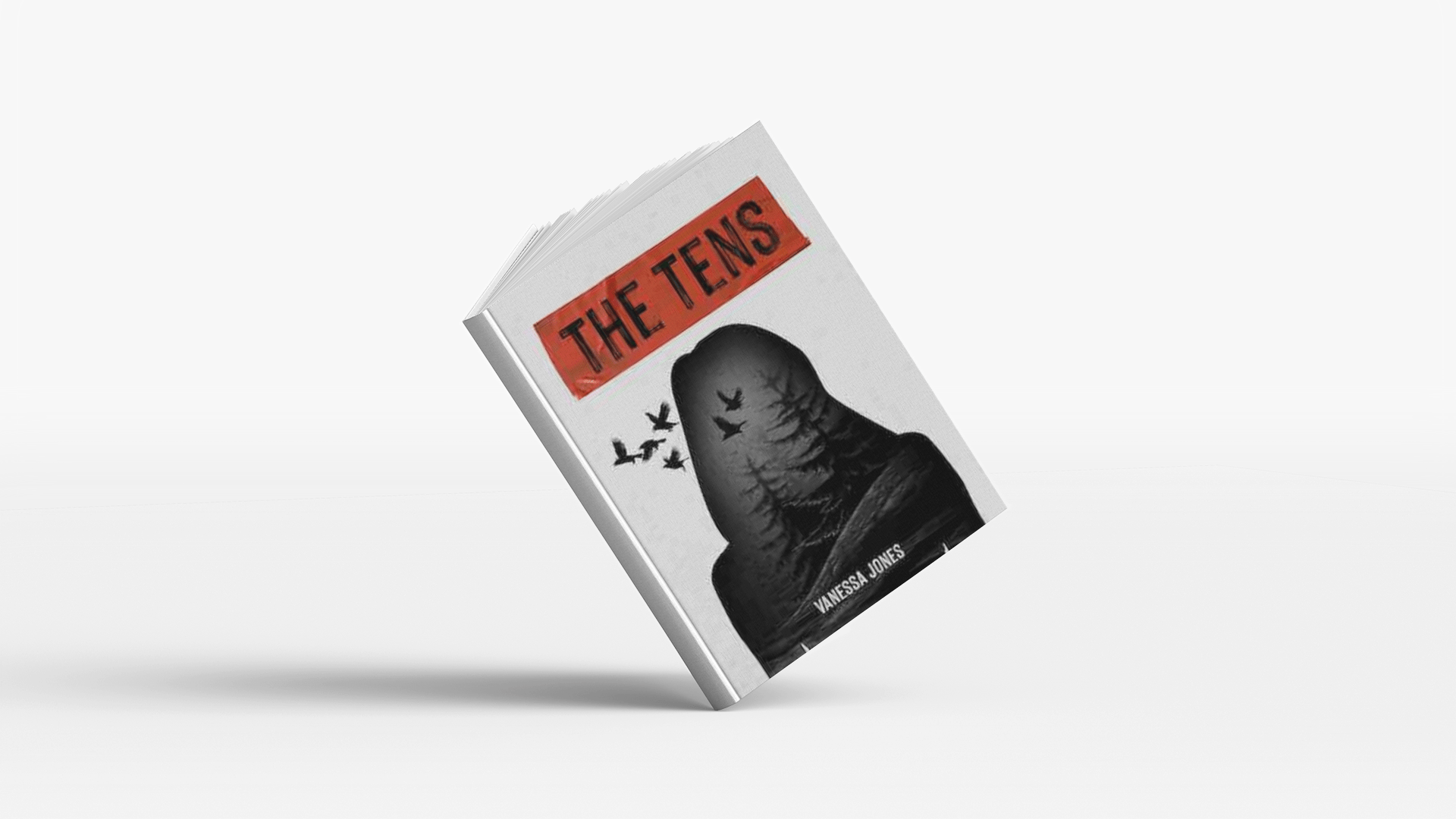Why People Love Reading Psychological Thriller Books: How It Affects Our Brain
More and more the world are reading psychological thriller books and their popularity is ever expanding. Here’s why we, as humans, love reading this genre and what it does to our brains.

Research shows that it’s not the content of a book but how we feel afterward that is important. Books, like all art forms, have an emotional impact and this may be why people can’t put them down. Suspenseful books tap into our innermost desires to solve mysteries and experience danger vicariously. These types of stories contain darker elements that naturally appeal to our subconscious minds. That we may not want as part of our ordinary lives.
‘Thriller readers are adrenaline junkies who need the twists and surprises that are endemic to the genre,’ said Liz Berry, ITW Executive Director. ‘There’s nothing passive or quiet about our genre. And for people who find thrillers satisfying, nothing else delivers what we crave.’
Why do people love reading psychological thriller books so much?
Out of all mystery and suspense genre novels, psychological thrillers are the most popular.
People love psychological thriller novels because they find pleasure in reading about experiences they cannot have. The genre, in some ways, gives readers what they crave— the feeling of not being safe.
This also includes the more disturbing aspects of human nature, such as violence and emotional abuse.
People who enjoy this genre often (but not always) crave these sensations due to their own traumatic pasts or because they are adrenaline junkies who need the twists and surprises that are endemic to the genre. They may not want these feelings to form part of their day to day lives but it is thrilling when they read them on paper (or screen). Thrillers activate the “fight or flight” response which is typically associated with real life dangers. And is the body’s natural response to many situations. It’s a way of regulating itself. This response can be a physiological addiction.
Why are people drawn to the genre of psychological thrillers?

Psychological thriller books can also be a way of processing and understanding trauma. Detachment from reality is another reason why thriller readers enjoy this genre. They get lost in these books even when they know it’s not real life-it’s just fiction! Thriller novels place their protagonist, us, into dangerous situations where we feel like anything could happen but with enough tension that we don’t want to put the book down for fear of missing out on what does happen next. There is often an element of hope for escape or resolution at every turn which makes them addictive reading experiences. The adrenaline rush, as well as being able to identify a villain motivates many readers who may otherwise find traditional suspense a little mundane.
It’s as though a reader is standing on the edge and looking down to see if it would be worth taking that next step. They always know that no matter how much they enjoy hanging out at this ledge there will eventually come a time when they need to take one more small step off of it all together or else risk falling head first among other things.
That reader’s high
People crave the “dopamine release” that these types of books offer. Dopamine is a hormone in our brain responsible for reward and pleasure, among other things. It also helps regulate movement and emotional responses to certain stimuli. When people read through thriller novels they are giving their body what it wants. It’s an addictive sensation, and seeking this feeling out too often or without breaks can be detrimental to your mental wellbeing. Similarly, if you eat high fat foods all the time, your body will eventually tire out and no longer respond positively like it used to before because there have been so many highs with little lows (or breaks).
The psychology of psychological thriller books
In psychology, our brains react differently than we might expect while reading stories in different genres. Some studies have shown that readers’ brains react differently to psychological thrillers than they do for other kinds of books.
One study in question was published by researchers at University of California, San Diego and Yale School of Medicine who scanned the brains of participants while they were reading from a list that included both genres. They found something intriguing about our neurological responses to these two types of books: When readers finished a book, their brain’s blood flow and oxygen levels changed depending on what type of story it had been.
It is not surprising then that people would rather take an emotional roller coaster ride (in fiction) instead of experiencing those feelings in real life events or people around them. It’s especially alluring when we know we can tap out of the emotion and mental patterns whenever we want: as opposed to having to live it constantly.
It’s also a double reward when the story works out well and the killer or perpetrator gets caught or there’s a strong resolve. Our brains absolutely love a contained and clear cut outcome, which is why there is such popularity amongst shows like SVU and Law & Order that all but promise a rewarding ending within 30 to 60 minutes.
As with most genres, psychological thrillers are also an escape from reality for people who may otherwise find their lives difficult and stressful because their day-to-day life does not offer enough stimulation and unpredictability.
So, the next time you feel like breaking out of your paradigm and experiencing some emotional release or dopamine in an entirely safe environment, pick up a thriller book. You’ll be so glad that you did!




